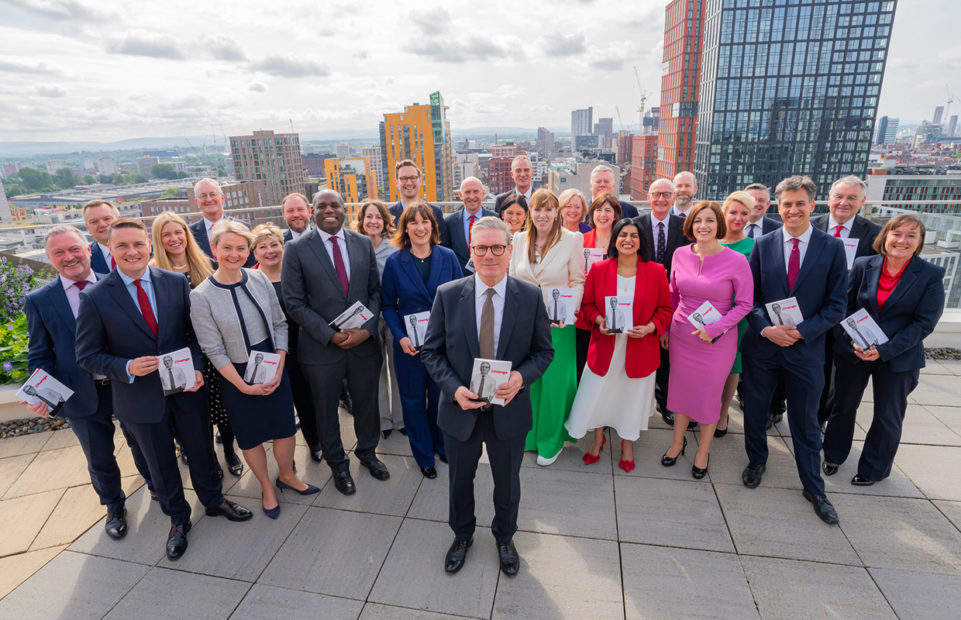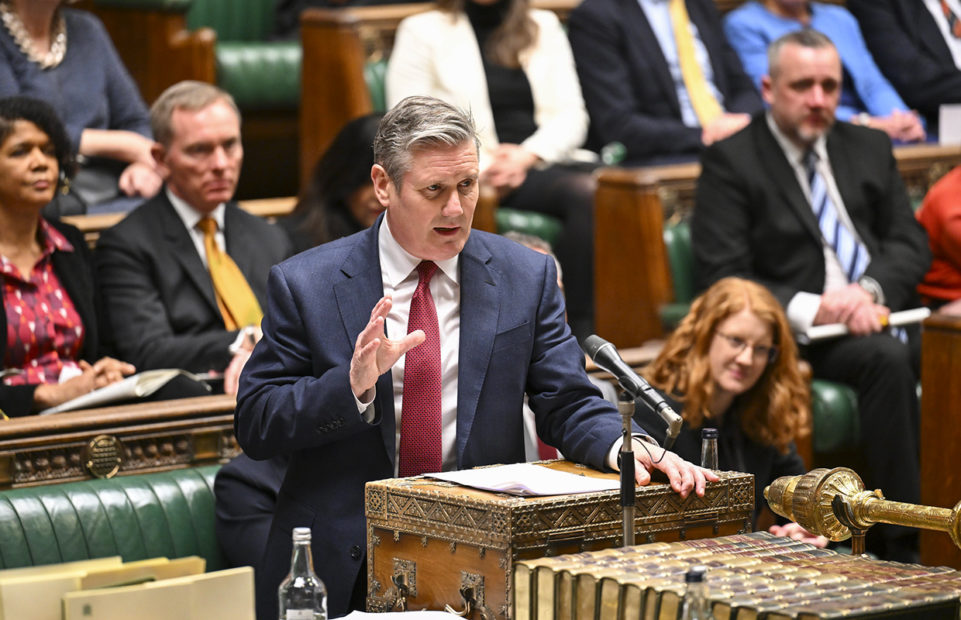The British Labour Party won a landslide victory in the general election on 4 July. Labour Leader Keir Starmer was named Prime Minister on 5 July, replacing the Conservatives' Rishi Sunak.
Labour, which had been ahead in opinion polls for the last couple of years, was forecast to win but the results are even better than they had hoped for. Parties need 326 out of 650 seats for a majority in the U.K. Parliament. Labour has won 412 seats, a 214 gain from the last election in 2019. The governing party, the Conservatives, dropped to the lowest number of seats in the 300 years of British electoral history. They won 120, losing 251 that they had held since 2019.
First Past the Post
Labour won a proportionately large number of seats in comparison with its vote share. The U.K.’s first-past-the-post electoral system means that parties can get a lot of votes and few seats, if their support is spread across the country. Or the opposite if it is concentrated in specific constituencies.
Labour received 9,700,244 votes (34%) which translated to 421 seats (64%).
Whereas the Conservatives 6,800,942 votes (24%) only translated to 120 seats (19%).
The centrist Liberal Democrat party won a historic high of 71 seats (11%) with 3,497,841 votes (12%). Whereas the far-right Reform UK (ex-Brexit Party, ex-UKIP) actually polled more votes, 4,087,236 (14%) but only won 4 seats (1%). Its leader, Nigel Farage, finally won a seat at his eighth attempt.
Parliamentary Timetable

On 5 July, the King invited Keir Starmer to form a Government. This should be a rapid process as the Labour Party had a shadow cabinet in place. Logically, shadow ministers will become the new ministers. MPs will be sworn in for the new session of Parliament on 9 July. The State Opening of Parliament by the King will be on 17 July.
The King’s speech, laying out the Government’s programme of legislation for the coming session will presumably include some of Labour’s campaign promises from its manifesto, such as investment in the National Health Service and housing, reducing illegal immigration and recruiting teachers to state schools by taxing private schools.
The New Prime Minister

Former human-rights lawyer Keir Starmer has been an MP since 2015 and became leader of the Labour Party in 2020, replacing Jeremy Corbyn. He is seen as a more palatable, more centrist alternative to the left-wing Corbyn but has neither the charisma, nor the strongly-held beliefs of his predecessor.
Starmer is proud of his working-class pedigree. He is the son of a factory worker and a nurse, and was named after Keir Hardie, the founder of the Labour Party. He was the first member of his family to go to university and went on to become a lawyer and then the Director of Public Prosecutions, the most senior criminal prosecutor in England and Wales. He was knighted in 2014 for his service there.
This was the speech Keir Starmer made as he arrived to begin work as Prime Minister at 10 Downing Street.
Copyright(s) :
Keir Starmer Flickr
UK Parliament
> UK’s First British Asian Prime Minister
> The UK Goes to the Polls
> Teaching About the UK Electoral System
Tag(s) : "citizenship" "elections" "EMC" "Keir Starmer" "parcours du citoyen" "politics" "Prime Minister" "Rishi Sunak" "UK" "UK parliament" "UK politics"





